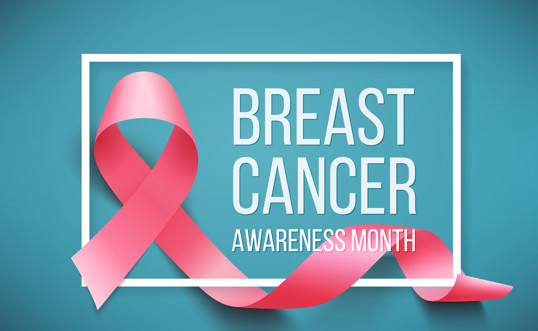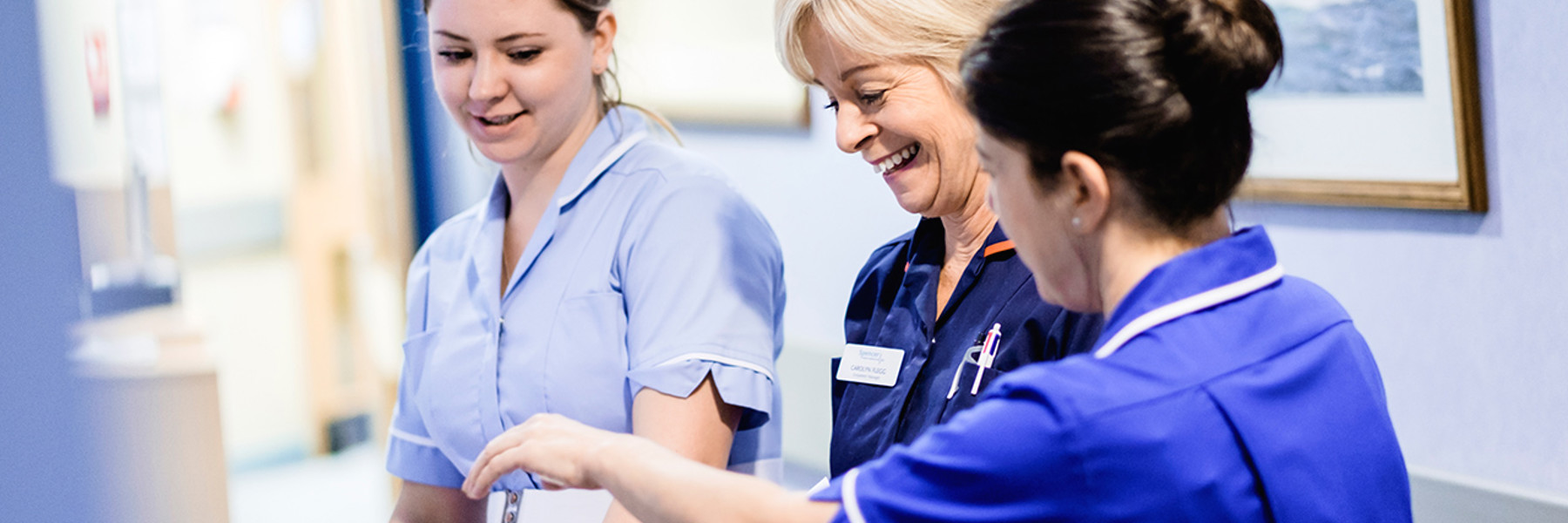Genetic Testing Can Help You Identify Your Breast Cancer Risk.
Date: 17/10/2017
The statistics make for uncomfortable reading – in the UK, someone is diagnosed with breast cancer every 10 minutes, and 1 in 8 women will be diagnosed in their lifetime. This means that this month around 5,000 people will be told they have the disease, news that is devastating for the patient, their family and their friends.
But it’s not all doom and gloom – thanks to the ground-breaking research undertaken by dedicated specialists in the UK and abroad, more and more women are in full recovery, and breast cancer survival rates in the UK have doubled over the last 40 years. October is Breast Cancer Awareness Month, and everyone who buys a 25th anniversary limited edition pink ribbon pin will be helping the organisers reach more people with their helpline, face-to-face services, information and support.
The risk of developing breast cancer is increased among people who are genetically affected, but the genetic testing offered by Spencer Private Hospitals can assess your risk of developing the disease as a result of these factors. So if you want to take advantage of this accessible and highly affordable service, please get in touch and ask for an appointment with one of our consultants.
What’s your question?
- What is breast cancer and who is most at risk?
- How can I tell if I’m affected?
- What is genetic testing and how could it help me?
- How do I make an appointment to see a specialist at Spencer Private Hospitals?
What is breast cancer and who is most at risk?
Put simply, breast cancer is a disease caused by abnormal cells that invade the healthy cells that make up the breast tissue. Sometimes, new cells form when they shouldn’t, and old or damaged cells don’t die out. When this happens, the cells form a mass of tissue called a tumour, and this is what women feel when they find a lump in their breast. In fact, over 80% of breast cancers are discovered in this way. The good news is that 9 out of 10 breast lumps are non-cancerous, but you should always see your doctor if you think you’ve found one.
Whether you’re at risk depends on a number of different factors, and these can be divided into two distinct areas. The first of these are ‘modifiable risk’ or ‘lifestyle factors’, and may include the following:
- Smoking tobacco, especially if you started when you were young.
- Lack of physical activity and sitting down for prolonged periods of time.
- The use of hormonal birth control pills.
- A high fat, low fibre diet.
- Excessive consumption of alcohol.
- High cholesterol levels.
The second area is known as ‘fixed risk factors’ which are things beyond your control. These include the following:
- Your age.
- Your gender.
- Your family history, or genetic make-up.
How can I tell if I’m affected?
There are a number of symptoms that may indicate you have breast cancer, and if, through self-examination, you notice any of the following, you should see your GP.
- A lump or thickening in your breast.
- A change in the size, shape or feel of a breast.
- The dimpling, puckering or reddening of the breast’s skin.
- Swelling or lumpiness in your armpit.
- A pain that won’t go away in a part of your breast or armpit.
- A change in the shape or feel of a nipple.
- A rash around a nipple.
- A discharge from a nipple.
As we’ve said, the vast majority of symptoms prove to be non-cancerous, but for your peace of mind, if you notice any changes in your breasts, your nipples or armpits, always get them checked out.
What is genetic testing and how could it help me?
If you’re concerned that your family history might suggest you have a high risk of developing breast cancer, Spencer Private Hospitals can offer genetic testing. The results could then help you identify, understand and manage the risks, and empower you with knowledge and peace of mind.
We work in collaboration with GHC Genetics UK, an institute that aims to improve global healthcare through accessible and affordable testing. Currently handling over 7,000 samples every month, their laboratory is staffed by more than 100 highly-trained specialists, all of whom have experience in genetics, the human genome and genotyping technologies. Strict security systems protect all our patients’ personal and genetic data, and the service is dedicated to offering the highest diagnostic standards and providing highly accurate results.
The test is simplicity itself and is neither intrusive nor painful – you simply come into one of our clinics and give a little blood. This contains all the DNA samples we need, which are then studied to determine your level of risk at a genetic level.
How do I make an appointment to see a specialist at Spencer Private Hospitals?
Spencer Private Hospitals have built a reputation for providing gold standard private healthcare services in East Kent, so if you want to benefit from our breast cancer genetic testing service, we’re ready to take your call. We can also test for a wide range of other genetically inherited diseases, including ovarian cancer, thrombosis, diabetes and hypertension.
We have a 22-bed hospital in Margate and a consulting suite in Ashford, and both facilities are ready to help you understand your genetic risk factors, and put you on the road to full, worry-free health. To make an appointment with one of our specialists in Margate, please call 01843 234 555, or if you’d prefer to visit us in Ashford, call 01233 616 201. You can also email us using the enquiry form on our contact page. We look forward to hearing from you.

